Can The BMW i3 Persuade A Petrolhead To Go Full EV?
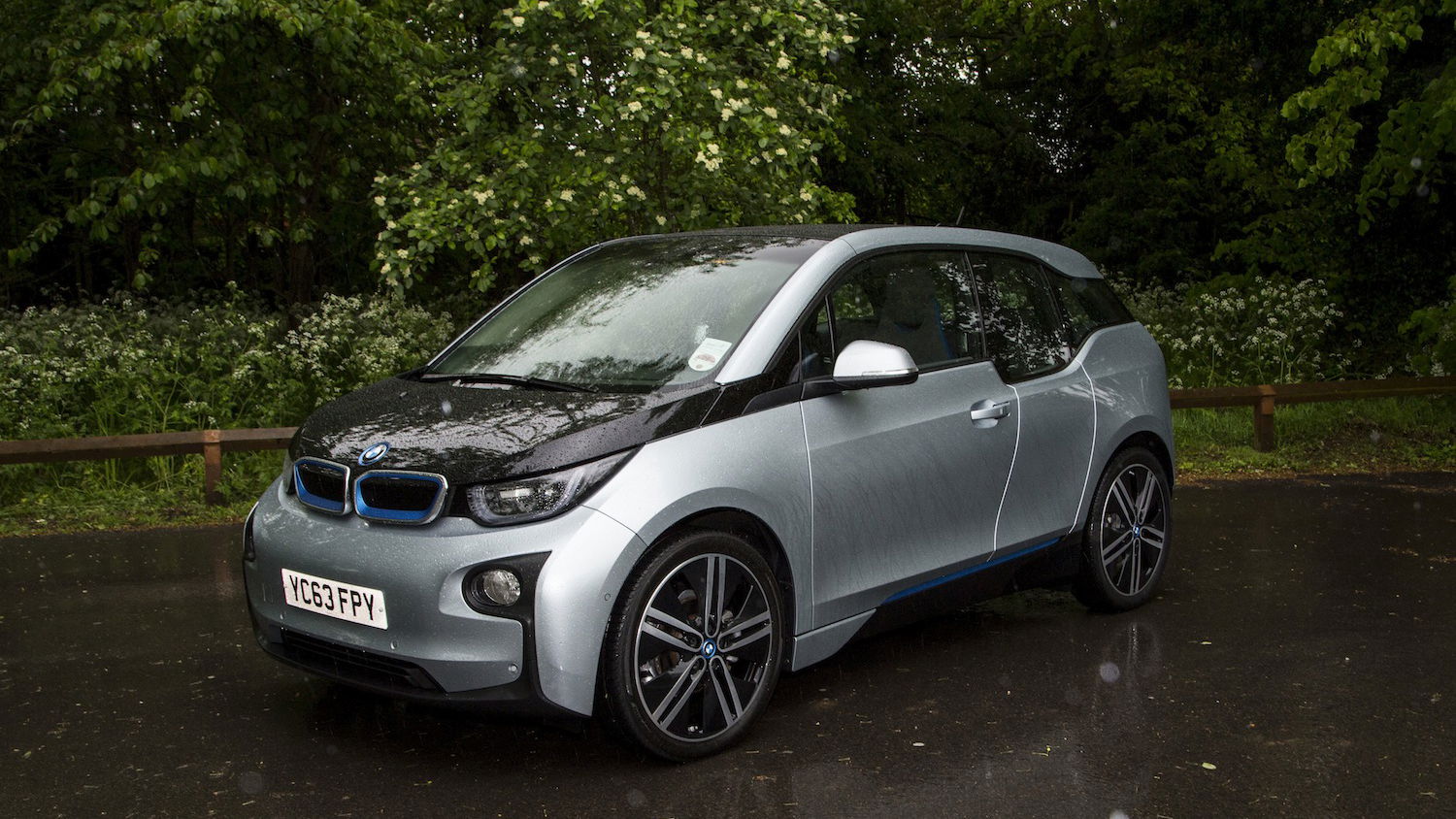
For years, all-electric car ownership meant clambering aboard something wretched and hideously uncool like a G-Wiz. A dreadful range of about 40 miles was the norm, and with many classed as quadricycles rather than cars, many didn't meet the sort of safety standards we expect. Over the last few years, though, the electric vehicle market has been seriously shaken up.
As well as technology making huge leaps forward Major manufacturers have been lining up to throw their financial and engineering might behind EVs to give us products that actually work in the real world. And leading the way is this: the BMW i3. But is it good enough to persuade an ardent petrolhead like myself that EVs have a future?
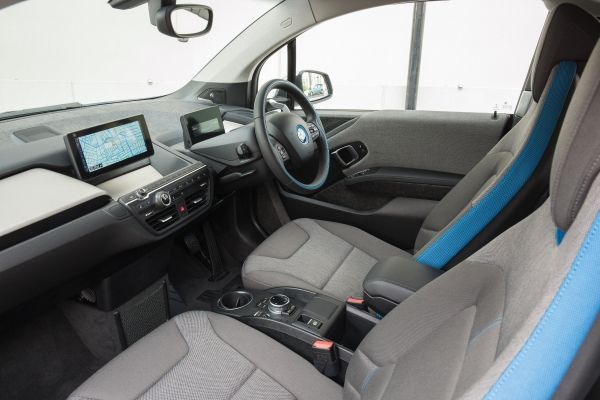
Stepping inside that futuristic body that's barely different to the radical concept, the first thing you notice is the absence of pretty much anything on the floor. There's no engine and gearbox combo in the front to intrude into the cabin, no transmission tunnel running down the length of the car, and no space-sapping fuel tank. This gives the interior an airy feel that takes some getting used to.
After pressing the start button on the steering column-mounted drive selector, the i3's navigation monitor and instrument display screen woke up, and I was ready to go. A gentle massage of the accelerator, and the i3 advanced in a spooky silence.
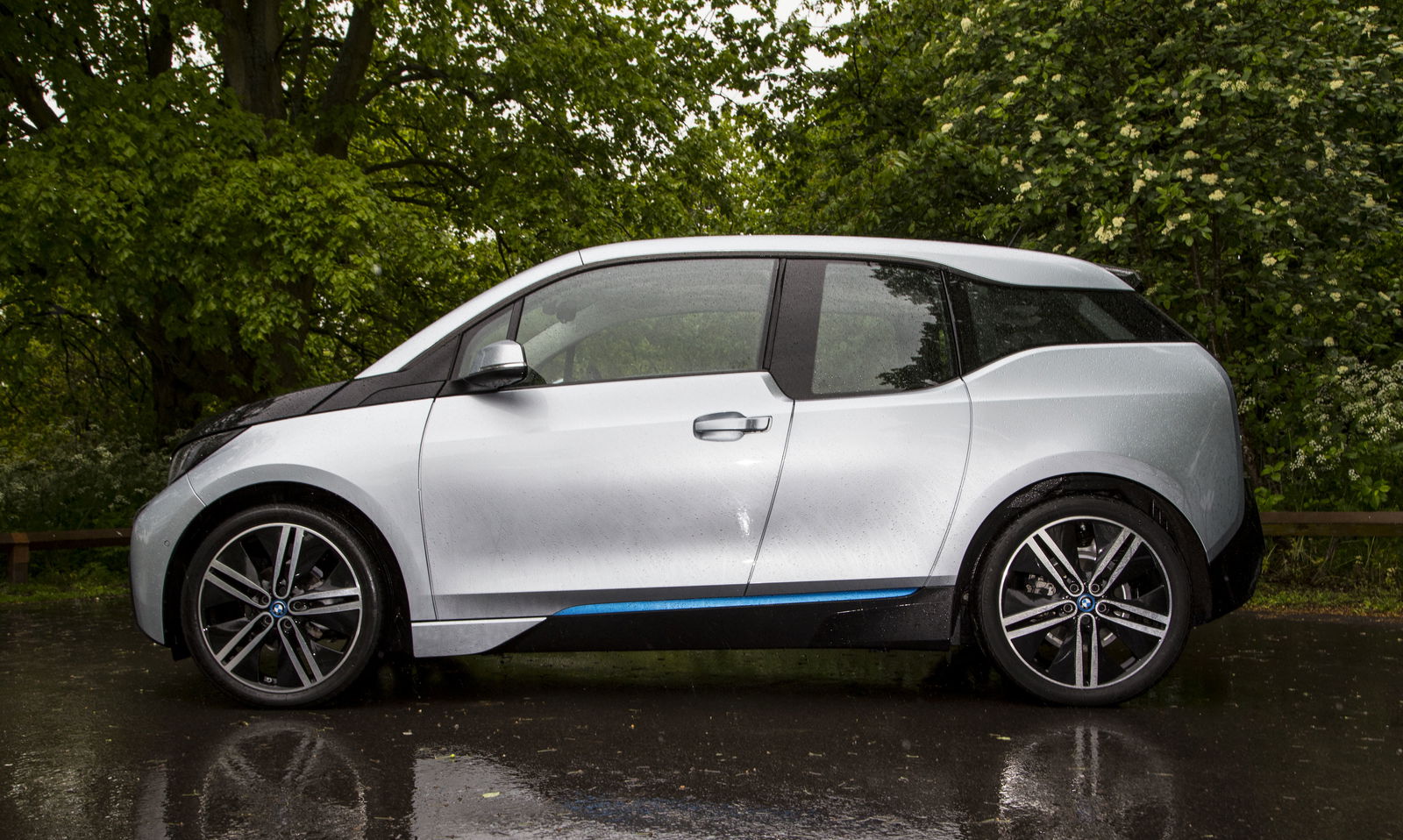
Those expecting milk float-like performance will be given a shock by the i3's poke. It has 167bhp and 184lb/ft of torque, giving a 0-62mph time of 7.9 seconds. Sounds reasonable enough, but the figures don't tell the whole story. The electric motor gives instant full torque, whisking you off the line at an incredible pace. And there's no gear changes to slow you down, given that the i3 only has one gear. Believe it or not - and if you drive one of these you will believe it - it's actually quicker from 0-30mph than an E90 M3.
The car is actually quicker from 0-30mph than an E90 M3
Around town the i3 really comes into its own. The normally miserable stop-start nature of city-centre driving is almost entirely stress free in the i3, as it silently whisks you about. The throttle takes some getting used to, though; lifting off puts the i3 into a regenerative braking mode, slowing you at a reasonable rate. During low speed city driving, you rarely need to touch the brake pedal.
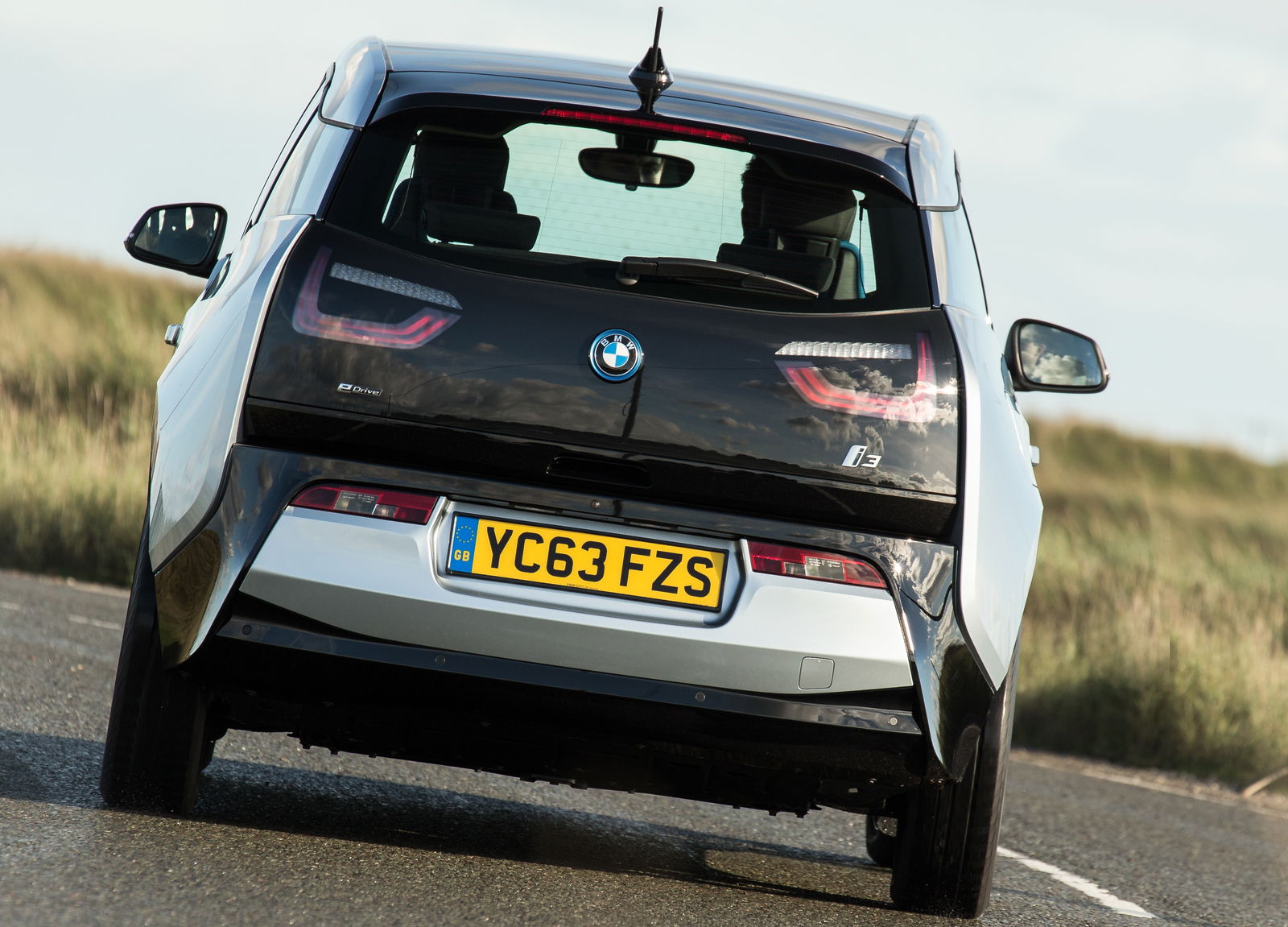
The i3 can do more than just city driving. Leave town and find a good bit of road, and it's surprisingly entertaining. There's a fair bit of body roll around corners, but its small size makes it quite chuckable. The motor's power is sent to the rear wheels, and with those thin eco tyres at each corner, the back end is playfully loose. It's a surreal experience, and as you demand more of the i3, it begins to emit a bizarre high-pitched pulsating noise, akin to something out of a 1960s low-budget sci-fi film. It's fitting, given the futuristic sci-fi feel of the i3.
All sounds impressive enough, but when you crunch the numbers, does the i3 stack up in the real world? Electricity consumtion for the i3 is 0.21kW/h. That's likely to mean nothing to you, so you're better off looking the equivalent MPG figure, which compares the running costs to that of a diesel-engined car. And that's a colossal 470mpg. With less moving parts than a conventional car, servicing costs will be lower, and the pricey battery is covered by an eight year/100,000 warranty.
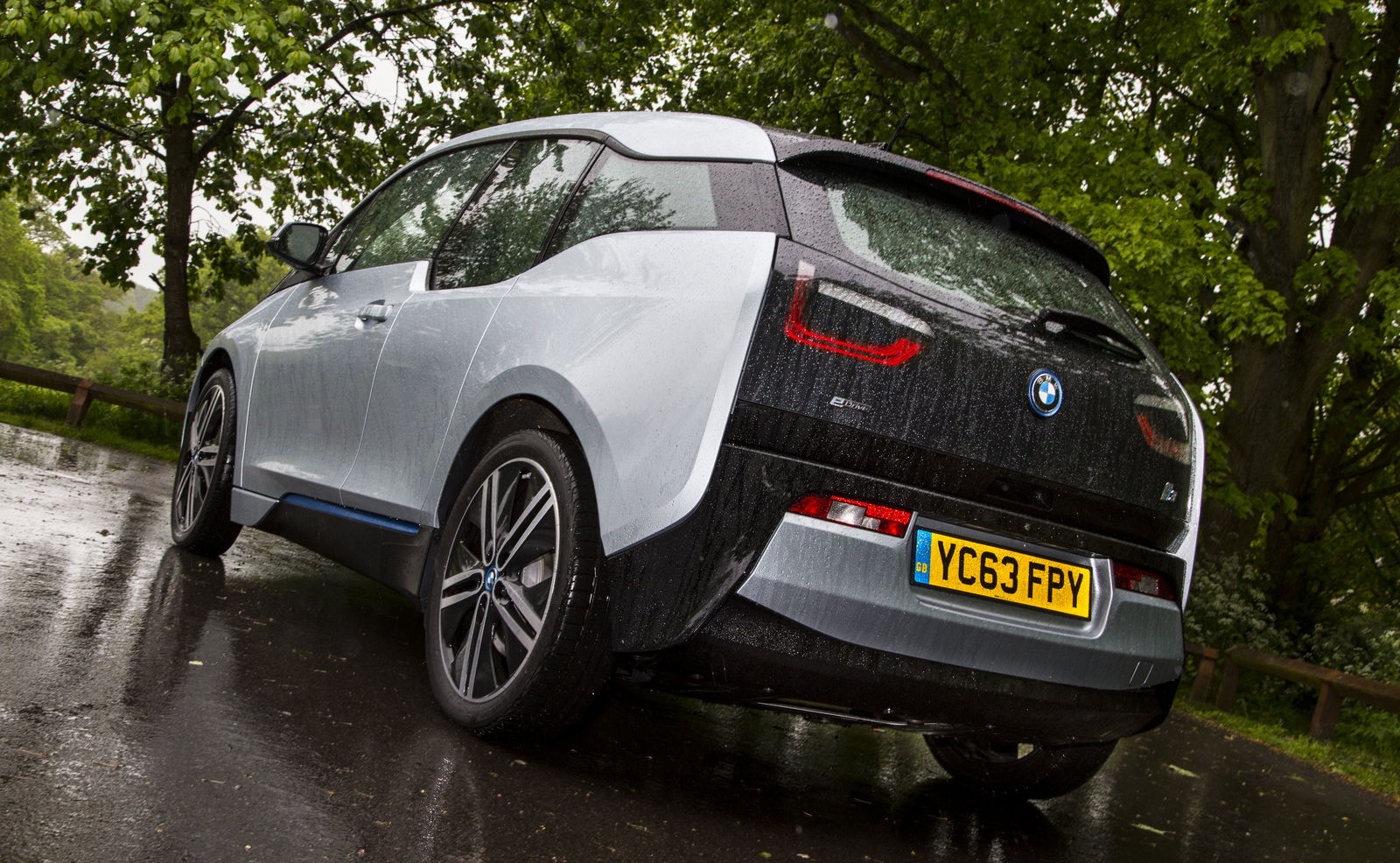
The full-charge range is 88 miles, but that can drop during demanding driving. A full charge takes six to eight hours, or if you're lucky enough to find a fast charge point, it'll take 30 minutes to get an 80 per cent charge. The range almost doubles to 160 miles if you go for the range-extender model we drove, which adds a 647cc twin-cylinder bike engine that occasionally springs to life to top up the battery.
So realistically, long-range driving isn't an option. But for many, particularly those living in big cities, the i3 is a damn near perfect car to own. It all sounds too good to be true, until, that is, you hear the price. You should probably be sitting down at this point, as despite being a titchy little city car, i3s start at £30,680. If you want a range extender version, that jumps to £33,830, and with a few options boxes ticked our test car was a few notes under £40k. Serious cash, in other words.
For many, particularly those living in big cities, the i3 is a damn near perfect car to own
It's a shame that the economic and environmental benefits are limited to those a little more well heeled than most, but the i3 shows us what's in store for the world of motoring. Given time, the prices will no doubt drop and the technology improve until owning anything else as a purely A-to-B car will be plain stupid. If this is the future, I say bring it on.
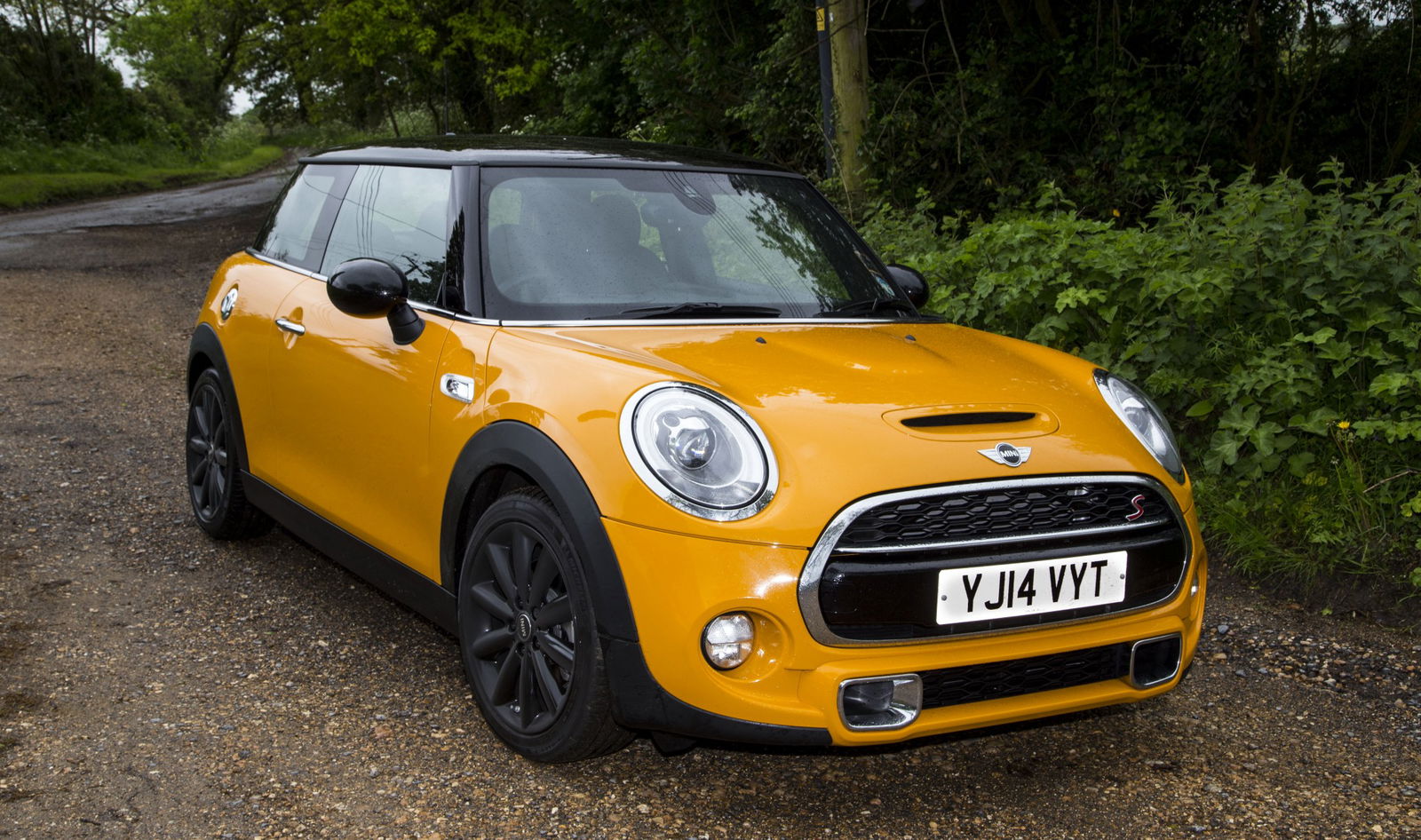
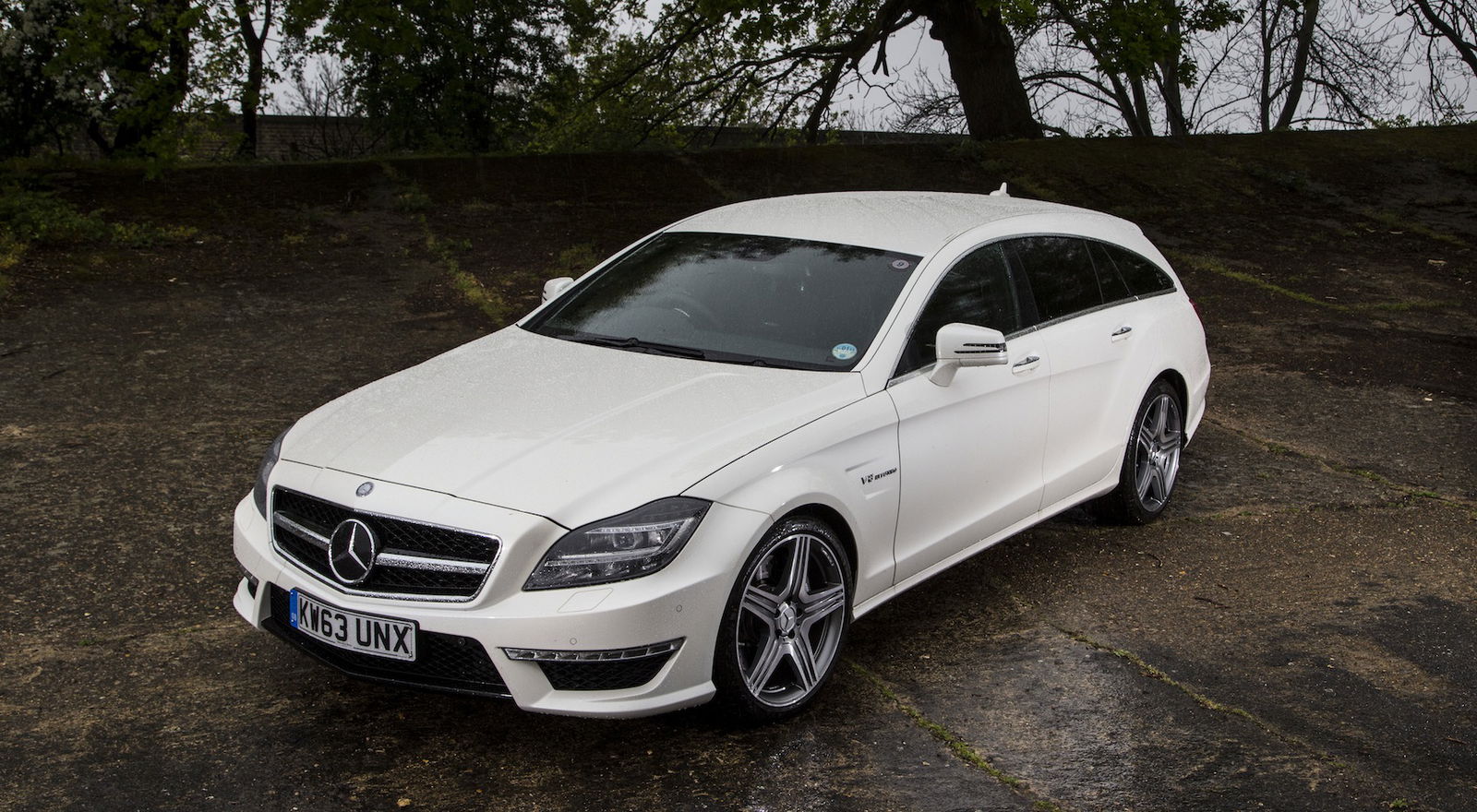







Comments